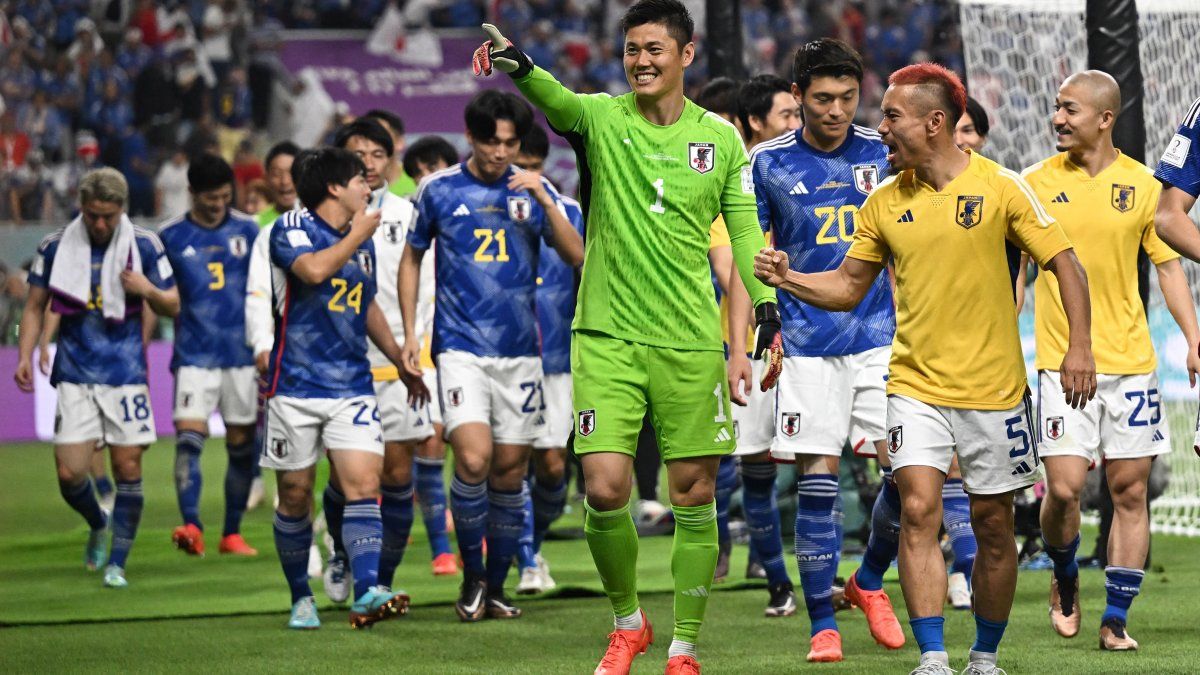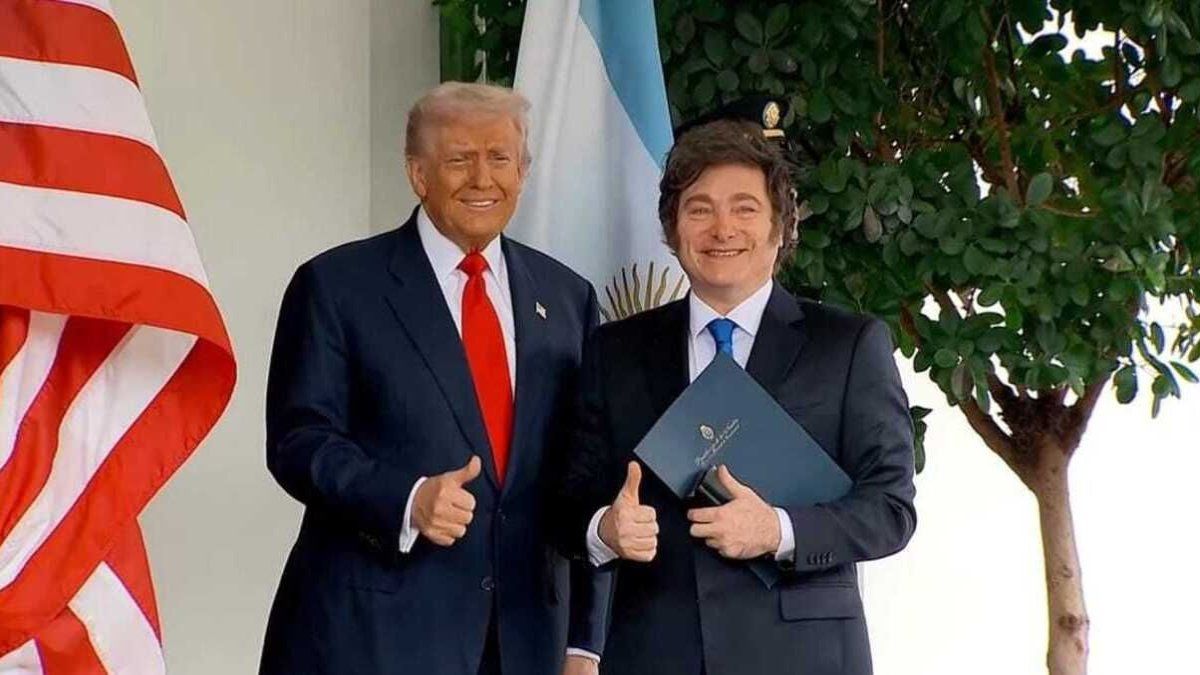The world of today’s entrepreneurs, who are those who bet on creating their companies tomorrow, choose not to do it alone and, increasingly, invest in the support of an ontological coach, a consultant or a mentor.
In a context of technological changes, those workers who perform tasks inaccessible to machines will become the most valued by organizations. However, There is no doubt that artificial intelligence, digitalisation and new technologies are making increasingly significant progress in reorganising the workplace.
The content you want to access is exclusive for subscribers.
According to a recent study by Microsoft in 320 South American companies with more than 1,000 employees, it was found that 55% have already implemented artificial intelligence to improve productivity. In Argentina, the same study also indicates that 74% of the organizations surveyed will increase their budget for AI in the next 2 years. The impact on employment is a reality…


However, there is a world that is difficult for machines to inhabit: that of soft skills or power skills that humans develop. What are they? They are different skills such as emotional intelligence, innovation, empathy, imagination, creativity, adaptability, collaboration and leadership.applied in understanding the context of time and space.
For this reason, they are precisely the most sought after by companies. Therefore, we can say that these “soft skills” have become true “power skills”, since they are the ones that will allow employees to be more sought after and valued by employers from now on. It is worth clarifying that the commitment of organizations is two-pronged: investment in artificial intelligence to simplify processes and, in a complementary way, human talent with the capacity to develop these skills.
For this reason, those leaders who today focus on developing this potential in their organizations observe that the results are exponential because they impact the entire dynamics of the company, even giving it identity and shaping its culture according to the characteristics that stand out the most.
But where do I start? How do I get my team of collaborators to develop this potential? Is it just our intention as leaders to make things happen? Are there specialists we can call upon to intervene?
The answer is yes. There are several disciplines such as consulting, talent management specialists, psychology, mentoring and ontological coaching that today help leaders and their companies achieve these results. In the case of ontological coaching, it is a profession that assists in processes in which the leader can observe himself to detect opportunities for improvement.
In this regard, an ontological coach facilitates conversations, among other ways of intervening, in which leaders can:
- Improve your self-awareness: recognize your strengths and weaknesses, identify your values and the impact of the decisions you make.
- Develop communication skills: identify the use of language, the way it impacts people, formulate requests, coordinate actions and promises to achieve results.
- Managing your emotions: learning to navigate all emotions by being more aware of your own and those of your collaborators.
- Setting goals: planning and creating for the future as an essential basis for achieving one’s own and the company’s goals.
- Increase motivation: find your own purpose and contribution to the tasks you do every day; the search for meaning to add value to everyday life.
The world of today’s entrepreneurs, who are those who bet on creating their companies tomorrow, choose not to do it alone and, increasingly, invest in the support of an ontological coach, a consultant or a mentor to overcome the vicissitudes of what entrepreneurship entails. Today, “multi-perspective” is an empowering resource for the creation and support of teams. No type of business is exempt from a change of era. It is up to us to make the decision to transform ourselves.
Master coach and 1st vice president of the Argentine Association of Professional Ontological Coaching (AACOP).
Source: Ambito
David William is a talented author who has made a name for himself in the world of writing. He is a professional author who writes on a wide range of topics, from general interest to opinion news. David is currently working as a writer at 24 hours worlds where he brings his unique perspective and in-depth research to his articles, making them both informative and engaging.




